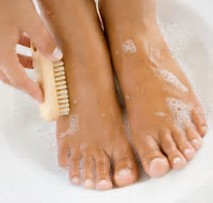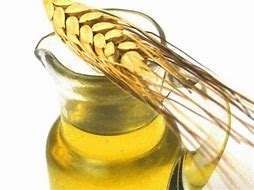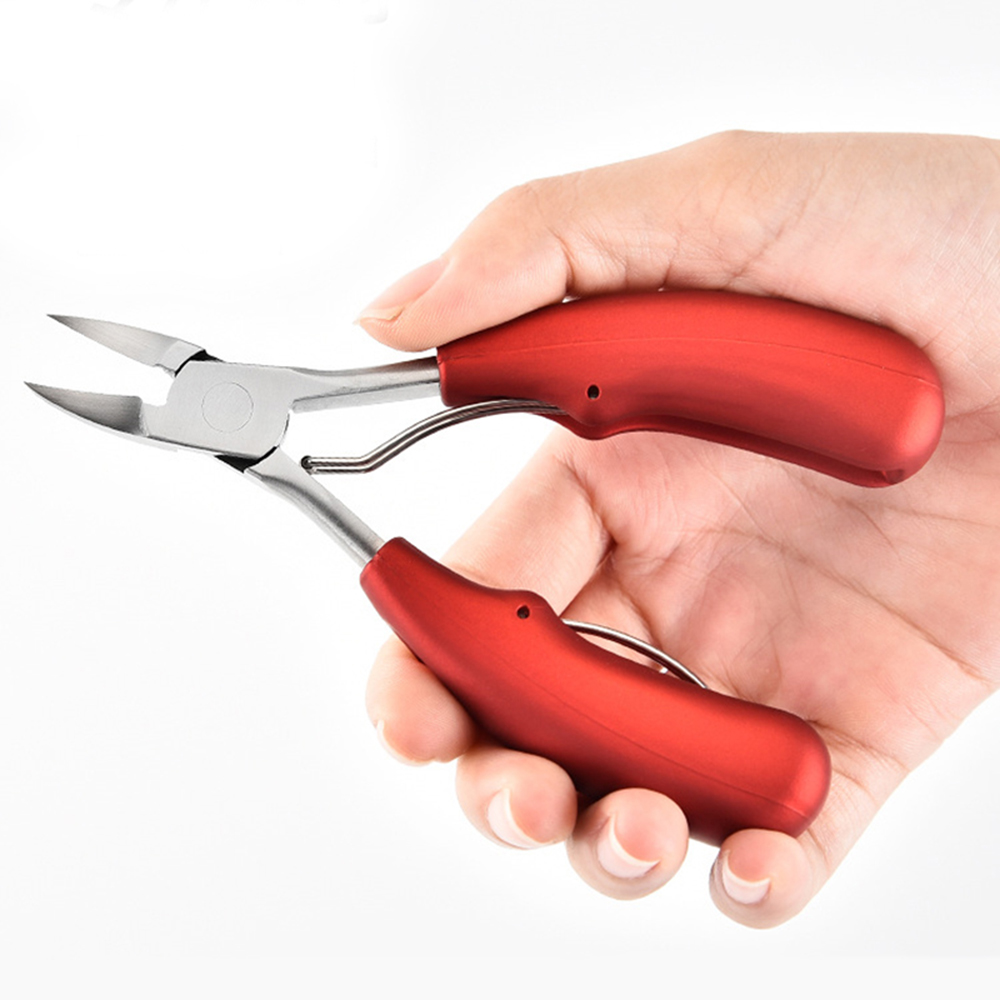Normal Sweating





Normal Sweating
Sweating is an important process, which helps to maintain our body temperature. Sweating helps to remove waste products and toxins from our body, but sometimes the smell becomes unbearable, certain individuals perspire more than the required amount to cool the body, the reason for this is that each of our feet has more than 250'000 sweat glands. Your skin has two types of sweat glands, eccrine glands and apocrine glands, Eccrine glands occur over most of your body and open directly onto the surface of your skin. (Thompson 1978)
Apocrine glands develop in areas abundant in hair follicles, such as your scalp, under arms and genitals each person has between 2 million and 5 million eccrine sweat glands, when your body temperature rises, your autonomic nervous system stimulates these glands to secrete fluid onto the surface of your skin, here it cools your body as it evaporates. This fluid (perspiration) is composed mainly of water and salt (sodium chloride) and contains trace amounts of other electrolytes, substances that help to regulate the balance of fluids in your body, usually it's the bacterial breakdown of the apcorine sweat that causes the strong odours. (Thompson 1978)
Foot odour begins from the sweat and the lingering of moisture on one's feet. Sweaty feet are usually caused by the improper function of what is called the ''sympathetic nervous system'' which controls sweating of the feet. Many adolescents seem to think that they may have a strange disorder, this is an error, sweating is a part of puberty, when your body starts to change, the 3 million sweat glands become more active, at the same time, glands in your armpits, groin and on the palms of your hands and soles of the feet produce oilier sweat.
Every square cm of the sole of the foot (and the palm of the hand) has about 600 sweat glands, more than any other part of the body, an average male foot exudes a quarter of a liter of sweat a day, and because we wear shoes, the sweat from our feet cannot evaporate normally, the accumulated sweat becomes warm, and encourages the growth of bacteria.
Reference:(Thompson 1978)
Articles - Latest
- Supplies, Description, and Usage - Tech Nails-2
- Supplies, Description, and Usage - Tech Nails
- Exercises for Plantar Fasciitis
- Shoes, insoles and splints: Cushioning and support - Plantar fasciitis
- 10 best bum workouts and 25 bum exercises for a 🍑'ier butt
- The dos and don’ts of running when you’re over 40
- This 30-minute workout can be done from just about anywhere
- I teach stretching routines for a living — 3 exercises that strengthen your hips and open your hamstrings
- Somatic exercise has gone viral promising to lower cortisol levels, ease stress, and boost health - so, does it actually work?
- Planks and wall sits best exercise for lowering blood pressure, study says
- Four moves and six minutes is all you need to develop strength with this no-equipment routine
- I did a two-minute Farmer’s Carry every day for a week — here’s what happened
- No squats or lunges: This knee-friendly workout sculpts your lower body in 7 exercises
- Two dumbbells and five moves are all you need to build strength in the shoulders and back
- Add Muscle, Build Stamina and Fire up Your Metabolism with Our Three-Move Strongman Circuit
- How to clean running trainers without ruining them: 3 easy steps to take
- Podiatrist shares pain-inducing mistakes we're making when wearing high heels
- 9 things you need to know before getting acrylic nails
- Running could be just as effective at treating depression as medication, scientists find
- This is How Long You Should Rest Between Sets, Whatever Your Training Goal
- Manicurists Share Their Top Tips For Growing Stronger Nails Without Giving Up On Those Gel Manis
- Dry, cracked heels: Here are the most moisturizing ingredients according to a dermatologist
- Treatment for Plantar Fasciitis
- How to measure your feet: A guide for runners
- Heel and ankle conditions and Injuries
Articles-Popular
- Home
- Calluses and Corns-4-Padding and Insoles To relieve Pressure
- Contacts
- Appreciate Your Feet
- WEB - LINKS
- Therapy Price List- Aromatherapy - Counselling
- The Awareness of Foot Care
- Nail Technician Resume
- Join us as a Therapist
- Gallery - Pedicured Feet
- Podiatry/Chiropody Price List
- Skin Care-Feet
- TCM - Therapy Prices
- Blisters on the Feet
- Nail Technician Job Description
- Galleries
- Bacterial Infections
- Itching Skin on the Feet
- Athlete's Foot
- Sweaty or Smelly Feet
- Appointments
- Skin Changes Associated with Blood Flow
- Common Toenail Conditions - Changes in Nail Colour
- Calluses and Corns - 2
- Insoles





